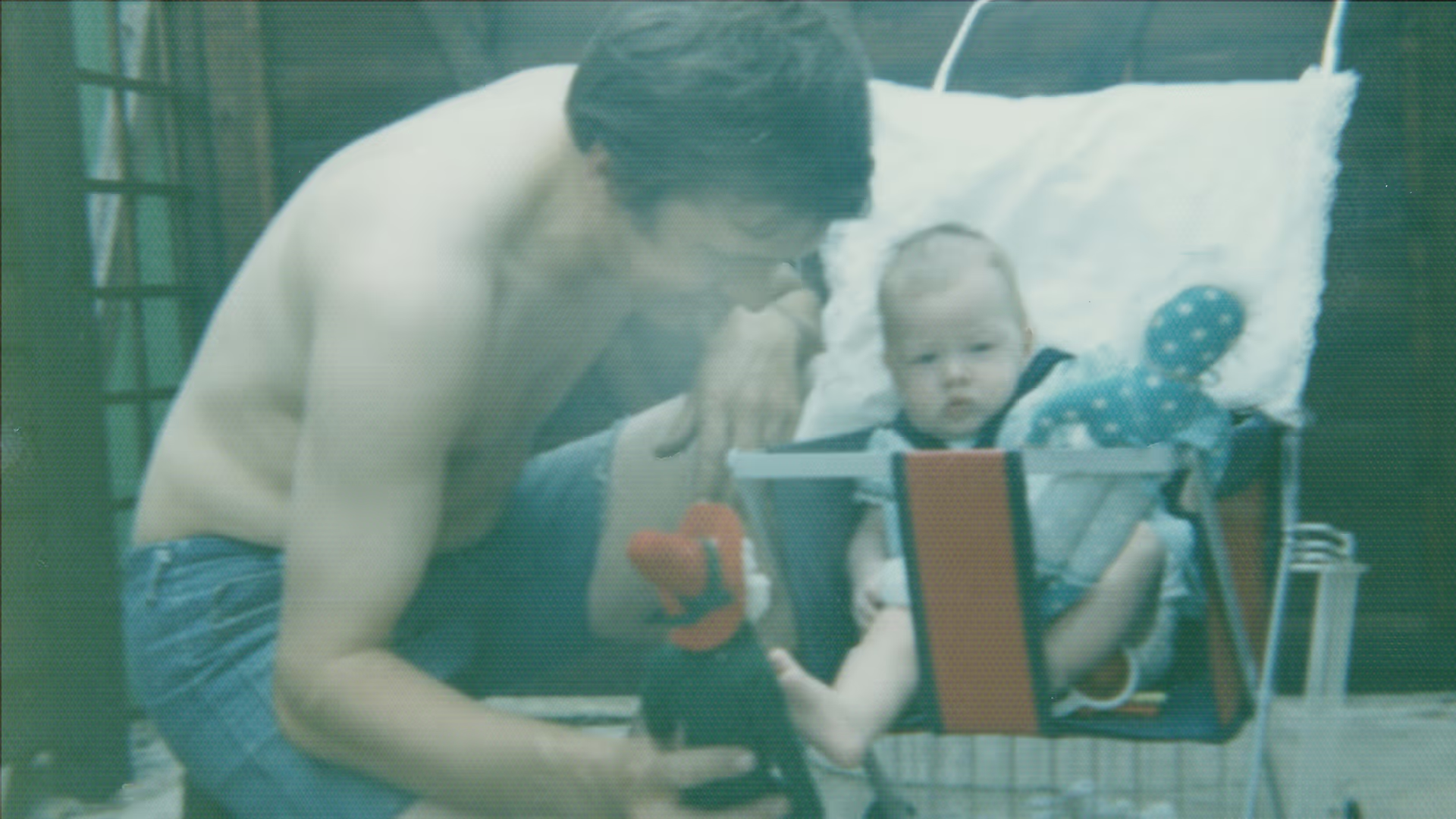

Your Dad Shaped You—Now It’s Your Turn: How to Father Well, No Matter Your Past

No matter what kind of childhood we had, all of us grew up watching our dad—or noticing when he wasn’t there.
For some of us, our fathers were consistent, caring, and present. For others, they were distant, harsh, or simply gone. Many of us fall somewhere in between, holding a mix of memories—some sweet, others that still sting. But one thing is true for every man:
Our fathers have shaped us.
And if we want to lead our families with wisdom, strength, and grace, we have to face that truth.
The Mirror We Didn’t Ask For
At some point in our journey as dads, we start seeing pieces of our fathers in the mirror.
It might be how we discipline, how we react when we’re tired, or how we avoid hard conversations. Sometimes we catch ourselves saying something and think, Whoa… that sounded just like my dad. Other times we realize we’re doing the exact opposite of what we saw growing up—because we made a vow we’d never repeat those mistakes.
But here’s the deal: whether you admired your father or resented him, he taught you something about what it means to be a dad. That influence is powerful. And it can either lead to growth—or keep us stuck.
Is He an Example or a Lesson?
For some of us, our dad gave us a foundation of love, stability, and strength. We look back with gratitude, knowing he wasn’t perfect, but he showed up. He worked hard. He encouraged us. He taught us how to keep going when life got hard.
When that’s your story, your father becomes a model. You think, I want to be that kind of dad.
You’re motivated to pass on the same kind of security, purpose, and belonging he gave you. Dr. Kathy Koch calls these “core needs”—and when our dads helped meet them, they gave us a tremendous gift.
But for others, the story looks very different.
Maybe your dad was angry more than he was present. Maybe he never said, “I’m proud of you.” Maybe his absence taught you how to survive, but not how to feel safe. Maybe your adulthood has been one long recovery from what happened—or what didn’t.
If that’s your story, your dad might not be an example.
But he can still be a lesson.
You can look back with honest eyes—not to stay trapped in pain, but to learn what not to repeat. I won’t ignore my kids the way he did. I won’t let anger run my home. I won’t disappear.
And that clarity, when paired with grace, becomes a powerful tool for healing and direction.
Don’t Let the Past Hold You Hostage
If your dad hurt you—through absence, addiction, abuse, or emotional withdrawal—hear this clearly: It wasn’t your fault.
And now? It doesn’t have to be your future.
You can’t change the past. But you can change your response to it. And that starts with processing what happened and seeking peace where possible.
Forgiveness isn’t about denying pain or pretending it didn’t hurt. It’s about loosening the grip the past has on your present. It’s about saying, I choose not to carry this into my children’s lives.
Dr. James Dobson often reminded us that emotional wounds, if left unchecked, get passed on. But if faced with honesty, humility, and help, they can become places of redemption.
Your Kids Need You—Not a Perfect Version of You
Whatever your story, your children don’t need you to be flawless. They need you to be present. They need you to be aware of the story behind you, so you can write a better one in front of them.
That means doing the hard inner work:
- Taking inventory of how your dad shaped your view of manhood and parenting.
- Noticing your triggers and asking, Where did that come from?
- Choosing to build a relationship with your kids that’s fueled by truth, love, and consistency.
Your kids need to know they are:
- Secure – “My dad is steady. I can trust him.”
- Known – “My dad sees me. He knows who I am.”
- Wanted – “I belong here. My dad enjoys me.”
- Valuable – “My life matters. I have purpose.”
- Capable – “I can do hard things because someone believes in me.”
Those are the Five Core Needs—and you are uniquely positioned to meet them.
Let Other Men Be Part of Your Healing and Growth
Here’s the truth: you weren’t meant to figure this out alone. Whether your dad was strong or broken, God designed community to fill in the gaps.
Find other dads you can talk to—guys who won’t judge you but will challenge you. Maybe that’s a men’s group at your church, a mentor from work, or a small gathering of dads who get together over coffee once a month.
Where your father’s voice may have been absent, harsh, or unclear, let the voices of wise men guide you. Borrow from their strength until you grow your own.
Final Encouragement
You may never fully resolve how you feel about your father. That’s okay.
But what you can do is let your past clarify your purpose. You can let the good continue, let the broken stop with you, and give your children something better—something truer—than what you received.
Don’t waste your father’s influence—good or bad.
Let it shape you into the dad your kids will thank God for.




.svg)




